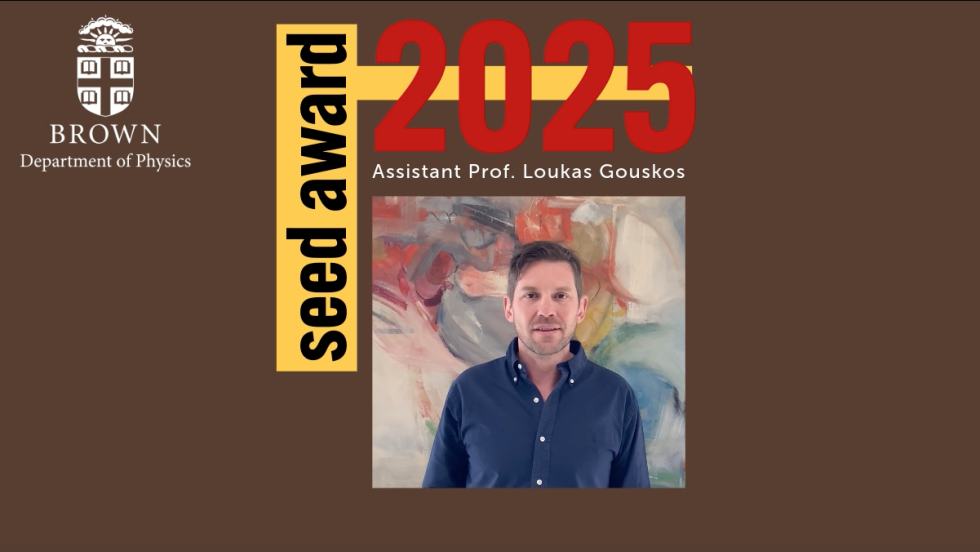Loukas shared with Physics the impact he anticipates the award will have on his work with the Large Hadron Collider.
The Large Hadron Collider (LHC) generates 40 million proton-proton collisions per second, requiring a real-time selection (“Triggering”) system to rapidly identify a tiny subset of events for further analysis. This selection occurs in multiple stages, with the most critical step, the Level-1 Trigger (L1T), executed on custom hardware such as Field Programmable Gated Arrays (FPGAs) to reduce the data rate within microseconds. Current L1T selection methods rely on traditional algorithms, which limit sensitivity to rare and complex physics signatures, thereby limiting the LHC discovery potential. AI algorithms on FPGAs remain in their infancy due to extreme latency and hardware constraints.
Our project takes a high-risk, high-reward approach by developing advanced Deep Learning models, such as Graph Neural Networks and Transformer architectures, specifically optimized for FPGA deployment. While Transformers have revolutionized AI, their application in ultra-low-latency environments, with a targeted 1 microsecond (1µs) inference time, remains unexplored and far beyond current industry capabilities. Given these challenges, the project requires an interdisciplinary effort, combining high-energy physics expertise from Gouskos and Landsberg (Physics Department) with cutting-edge AI model development from Bach (Computer Science Department). This collaboration is crucial for designing models that meet the stringent computational and real-time constraints of FPGA-based triggering. By tailoring these models for real-time physics applications, our research will push the boundaries of AI acceleration in experimental physics, demonstrating the feasibility of AI-driven selection algorithms for high-energy collisions at unprecedented latency.
This SEED award is critical for generating proof-of-concept results that will strengthen future proposals to funding agencies such as DOE and NSF, both of which have shown significant interest in this domain. By positioning Brown University at the forefront of AI-driven real-time event selection, this project will establish a long-term, interdisciplinary collaboration between the Physics and Computer Science departments, emphasizing the growing connection of AI and fundamental physics, as underscored by the 2024 Nobel Prize in Physics.
Beyond high-energy physics, the AI methodologies developed in this project will have a broader scientific and technological impact, including astrophysics (for transient event detection) and medical physics (for real-time imaging and diagnostics).
-Loukas Gouskos
The full list of Seed Award recipients is available on the Division of Research's website.

